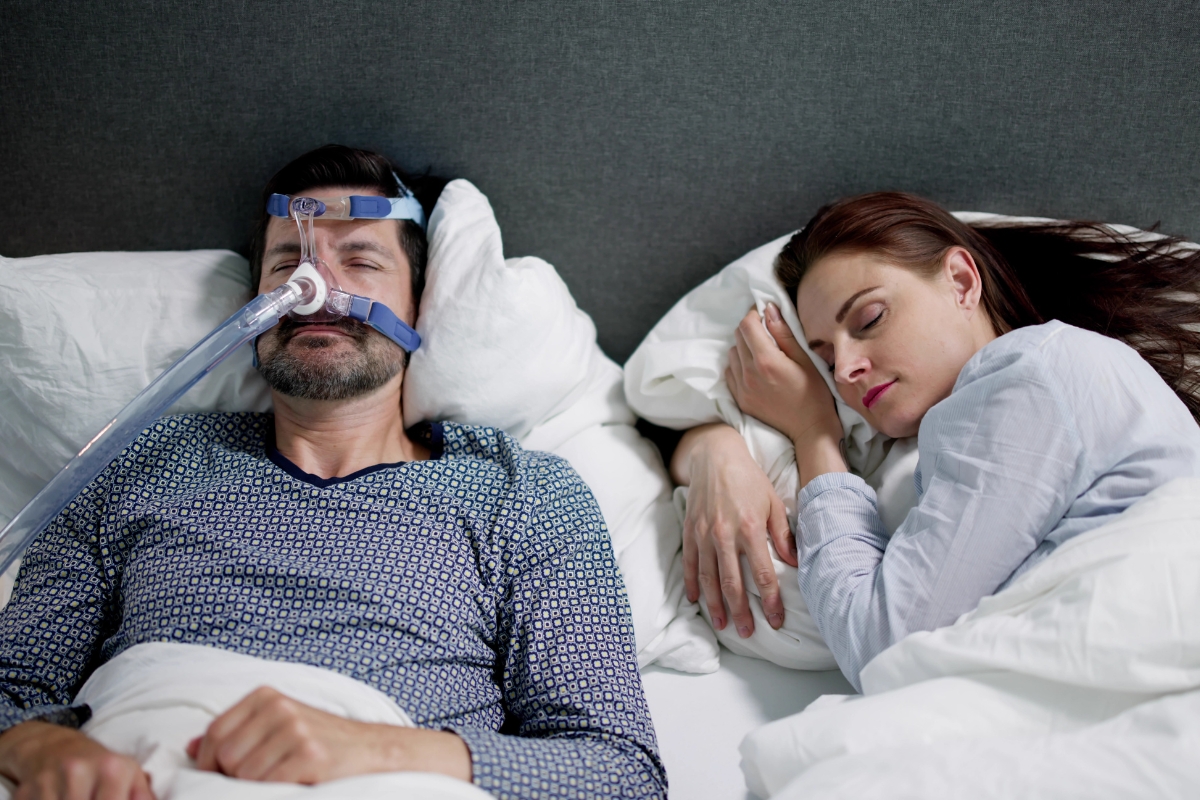Is Your Jaw Pain Linked to Sleep Apnea? A Dental Perspective

Jaw pain can stem from various causes, including teeth grinding, TMJ disorders, and dental issues. One condition that is often overlooked is sleep apnea, a serious sleep disorder affecting millions. Sleep apnea occurs when breathing repeatedly stops and starts during sleep. It can lead to significant health problems if left untreated.
Understanding the connection between jaw pain and sleep apnea is crucial for early diagnosis and effective treatment. Many people may not realize that their jaw discomfort could be a sign of a larger issue. By exploring this link, we can improve both dental and overall health.
Understanding Sleep Apnea
Sleep apnea has three main types: obstructive, central, and complex. Obstructive sleep apnea is the most common type. It occurs when throat muscles relax excessively during sleep. Central sleep apnea involves the brain failing to send proper signals to control breathing. Complex sleep apnea syndrome combines both obstructive and central sleep apnea.
Common sleep apnea symptoms include loud snoring, choking or gasping during sleep, and excessive daytime fatigue. People often feel unrested even after a full night’s sleep. Sleep apnea can lead to serious health issues, including high blood pressure, heart disease, and diabetes. It can also affect mental health, causing anxiety and depression.
Recognizing the signs early can help manage these risks effectively.
The Connection Between Jaw Pain and Sleep Apnea
Sleep apnea can significantly contribute to jaw pain. Many people who suffer from sleep apnea grind their teeth at night, a condition known as bruxism. This can lead to discomfort in the jaw and face. Additionally, sleep apnea can aggravate TMJ (temporomandibular joint) disorders, causing pain in the jaw area.
Common dental symptoms linked to sleep apnea include worn teeth, increased tooth sensitivity, and jaw clenching. These issues often go unnoticed until they become severe. For instance, one patient reported experiencing chronic jaw pain and frequent headaches. After consulting a dentist, they discovered their symptoms related to sleep apnea. With treatment, their jaw pain diminished significantly.
Another case involved a patient whose teeth showed signs of wear. After a thorough evaluation, the dentist identified a link to sleep apnea. Treating the sleep disorder improved both the patient’s sleep quality and jaw pain.
These cases illustrate the importance of recognizing the connection between jaw pain and sleep apnea. Understanding this link can lead to more effective treatment and improved quality of life.
The Role of Dentists in Diagnosing Sleep Apnea
Dentists play a vital role in diagnosing sleep apnea. During routine check-ups, they can recognize signs like worn teeth or jaw discomfort. These signs often prompt further investigation into potential sleep disorders. Dentists are trained to notice subtle changes that indicate a risk of sleep apnea.
A multidisciplinary approach is essential for effective diagnosis and treatment. Dentists often collaborate with sleep specialists to provide comprehensive care. They can refer patients for sleep studies to confirm a diagnosis of sleep apnea.
Dentists use various diagnostic tools during examinations. An oral exam may reveal issues such as jaw misalignment or excessive wear on teeth. A sleep study conducted in a lab or at home monitors breathing patterns and sleep quality. Together, these tools help create a clearer picture of a patient’s sleep health.
By actively engaging in sleep apnea screenings, dentists can help identify the condition early. This proactive approach is crucial in preventing the serious health risks associated with untreated sleep apnea.
Treatment Options
There are several effective dental treatments for sleep apnea. Oral appliances are among the most common solutions. These custom-made devices help keep the airway open by repositioning the jaw. Many patients find relief from symptoms and improved sleep quality using these appliances.
Managing jaw pain often involves addressing the underlying sleep apnea. Dentists may recommend muscle relaxants or physical therapy to alleviate discomfort. Additionally, stress management techniques can help reduce jaw clenching. Mindfulness practices, yoga, and meditation can promote relaxation and better sleep.
Lifestyle changes can also significantly influence treatment. Maintaining a healthy weight, avoiding alcohol before bedtime, and establishing a regular sleep schedule can reduce sleep apnea symptoms. Good sleep hygiene practices, such as creating a restful environment, also improve sleep quality.
In some cases, more advanced treatments may be necessary. Continuous Positive Airway Pressure (CPAP) therapy is often recommended for moderate to severe sleep apnea. Patients can effectively manage jaw pain and sleep apnea by combining dental treatments with lifestyle adjustments.
When to Seek Help?
If you experience jaw pain and sleep disturbances, consider consulting a dentist. Signs such as chronic headaches, worn teeth, and frequent jaw discomfort warrant a professional evaluation. Early diagnosis is crucial for preventing further complications related to sleep apnea.
Timely intervention can improve your quality of life significantly. Dentists can guide you through the necessary steps through referrals or direct treatments. Ignoring symptoms may lead to serious health issues down the line, including cardiovascular problems and chronic fatigue.
If you suspect that your jaw pain may be linked to sleep apnea, do not hesitate to seek help. A proactive approach can improve your dental health and sleep quality.
Jaw pain can often signal an underlying issue, such as sleep apnea. Understanding the relationship between these two conditions is vital for effective treatment. Consult a dental professional for guidance if you experience sleep apnea symptoms or jaw discomfort. Early diagnosis and intervention can lead to improved health and well-being. For more dental health insights or to schedule an appointment, subscribe to our newsletter today!




